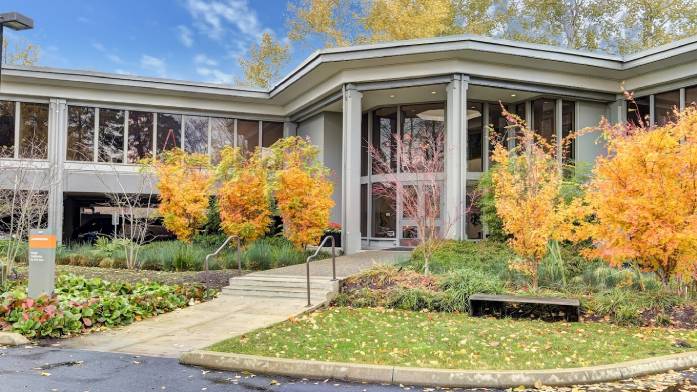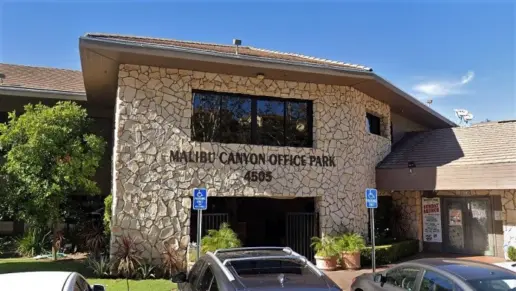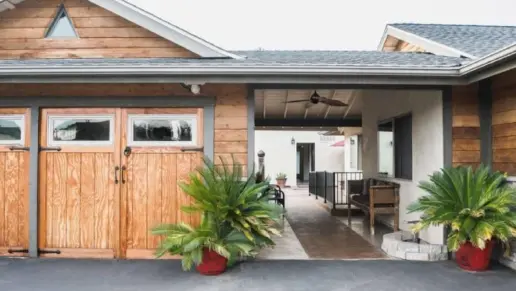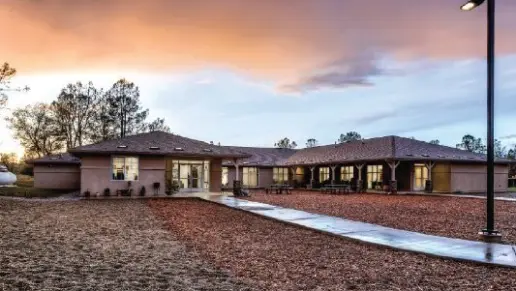About Hotel California by the Sea
Hotel California by the Sea, located in Bellevue, Washington, offers medical detox, residential alcohol and drug rehab, partial hospitalization programs (PHPs), and intensive outpatient programs (IOPs) for men, women, and young adults. Services include dual-diagnosis treatment, education and career support, medication-assisted treatment (MAT), and aftercare support.
Medical detox allows Hotel California by the Sea patients to be monitored 24/7 and receive medical care to help manage withdrawal symptoms. Sometimes this care includes FDA-approved medication that helps reduce cravings. These medications can be continued throughout residential care to manage cravings and lower the chance of relapse.
Residential treatment services include individual, group, and family therapy; education on the impact of addiction; life-skills training; medication management; and relapse prevention. Approaches include cognitive behavioral therapy (CBT), dialectical behavioral therapy (DBT), and other evidence-based techniques.
The PHP is a full-time day program, and the IOP meets for several hours per session, several days per week. In both cases, participants live at home outside of treatment. Services are the same as residential treatment. When treatment is complete, Hotel California by the Sea offers aftercare services such as referrals to sober housing, connections to 12 Step and SMART recovery programs, and alumni programs.
Hotel California by the Sea accepts most insurance plans, such as Humana, Cigna, Blue Cross Blue Shield, United Healthcare, Beacon, Magellan Health, and Ambetter. Each insurance plan is unique, so be sure to contact your insurer to verify out-of-network benefits and other coverage information.
Latest Reviews
Rehab Score
Gallery

Location
Other Forms of Payment
Private insurance refers to any kind of healthcare coverage that isn't from the state or federal government. This includes individual and family plans offered by an employer or purchased from the Insurance Marketplace. Every plan will have different requirements and out of pocket costs so be sure to get the full details before you start treatment.
Self-pay involves paying for treatment out of your own pocket. You can use savings or credit, get a personal loan, or receive help from family and friends to fund your treatment. If you don't have insurance or your insurance plan doesn't cover a specific program, self-pay can help ensure you still get the care you need.
Addiction Treatments
Levels of Care
Treatments
The goal of treatment for alcoholism is abstinence. Those with poor social support, poor motivation, or psychiatric disorders tend to relapse within a few years of treatment. For these people, success is measured by longer periods of abstinence, reduced use of alcohol, better health, and improved social functioning. Recovery and Maintenance are usually based on 12 step programs and AA meetings.
Drug rehab in California teaches participants constructive ways to stay clean and sober. Treatment revolves around helping individuals stop using the substance they are addicted to and learn healthy habits to avoid relapse.
Many of those suffering from addiction also suffer from mental or emotional illnesses like schizophrenia, bipolar disorder, depression, or anxiety disorders. Rehab and other substance abuse facilities treating those with a dual diagnosis or co-occurring disorder administer psychiatric treatment to address the person's mental health issue in addition to drug and alcohol rehabilitation.
A combined mental health and substance abuse rehab has the staff and resources available to handle individuals with both mental health and substance abuse issues. It can be challenging to determine where a specific symptom stems from (a mental health issue or an issue related to substance abuse), so mental health and substance abuse professionals are helpful in detangling symptoms and keeping treatment on track.
Opioid rehabs specialize in supporting those recovering from opioid addiction. They treat those suffering from addiction to illegal opioids like heroin, as well as prescription drugs like oxycodone. These centers typically combine both physical as well as mental and emotional support to help stop addiction. Physical support often includes medical detox and subsequent medical support (including medication), and mental support includes in-depth therapy to address the underlying causes of addiction.
Programs


Clinical Services
Group therapy is any therapeutic work that happens in a group (not one-on-one). There are a number of different group therapy modalities, including support groups, experiential therapy, psycho-education, and more. Group therapy involves treatment as well as processing interaction between group members.
In individual therapy, a patient meets one-on-one with a trained psychologist or counselor. Therapy is a pivotal part of effective substance abuse treatment, as it often covers root causes of addiction, including challenges faced by the patient in their social, family, and work/school life.
Trauma therapy addresses traumatic incidents from a client's past that are likely affecting their present-day experience. Trauma is often one of the primary triggers and potential causes of addiction, and can stem from child sexual abuse, domestic violence, having a parent with a mental illness, losing one or both parents at a young age, teenage or adult sexual assault, or any number of other factors. The purpose of trauma therapy is to allow a patient to process trauma and move through and past it, with the help of trained and compassionate mental health professionals.
Amenities
-
Private Setting
Accreditations

The Joint Commission, formerly known as JCAHO, is a nonprofit organization that accredits rehab organizations and programs. Founded in 1951, the Joint Commision's mission is to improve the quality of patient care and demonstrating the quality of patient care.
Joint Commission Accreditation: Yes
Accreditation Number: 579539

State Licenses are permits issued by government agencies that allow rehab organizations to conduct business legally within a certain geographical area. Typically, the kind of program a rehab facility offers, along with its physical location, determines which licenses are required to operate legally.
State License: California
License Number: 300062AP
Contact Information
1300 114th Ave. S.E.
Newcastle, CA 98004


